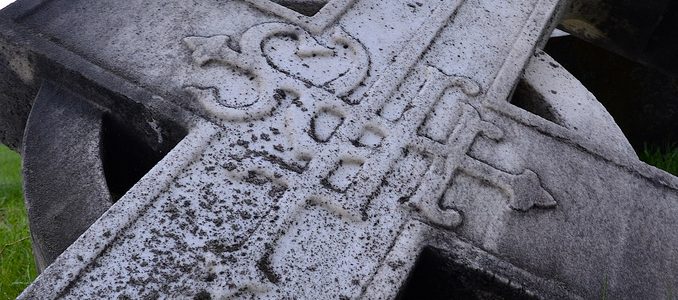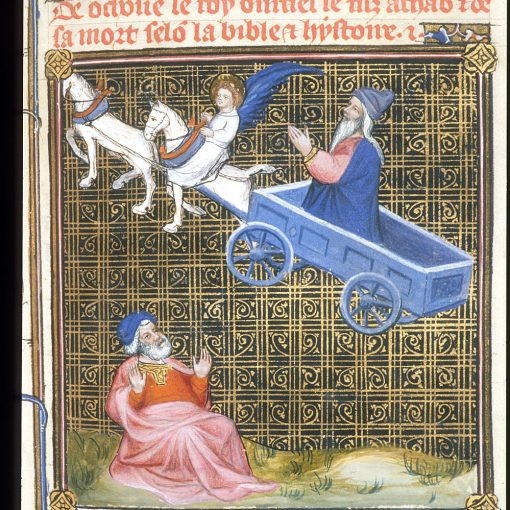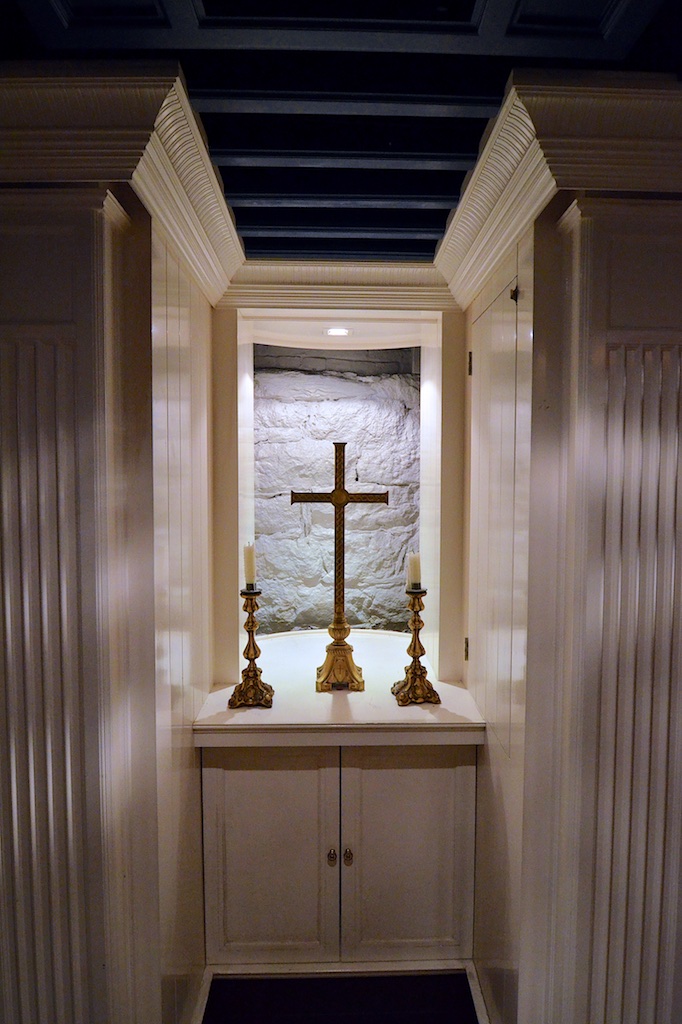As we have walked our path of grief many have lovingly offered us their love and support and I always offer my thanks and deep gratitude. (I hope it is always, if you have ever sent me a note or given me a nod or spoken words you intended as comfort and I did not respond, please know I am very grateful.) Shortly after Mack died I also began walking another path, one that I hope will have as a way point, if not an end, this book project, Beautiful and Terrible Things. What started me on that parallel path was the fact that often those words of comfort also contain what I view as deeply troubling theological errors. Less than 2 weeks after Mack died I did feel it important to note this on the blog. Some accused me of not being appreciative of the love and comfort being offered to me, but again I want to say, I appreciate and know that such comments come from love and are intended to build us up and encourage us, so thank you again.
But one of the themes that I noticed is that as Christians (or at least, western Christians) we often seek out certainties to provide us with our comfort. For example, a certainty that God controls all history, all our actions, leads to statements such as “Someday we will know God’s divine plan for taking your son now.” Or again, “God is using Mack’s death to ________” (fill in the gap: spread the Gospel, demonstrate his love through your grief, draw the community together, etc.). Carson notes the problem with such a “theology with all the answers.”
“Christianity that is nothing but certainties quickly becomes haughty and arrogant, rigid and unbending. Worse, it leaves the Christian open to the most excruciating doubt when the vicissitudes of life finally knock out the supporting pillars.” [mfn]Excerpt From: D. A. Carson. “How Long, O Lord?.” iBooks. https://itun.es/us/KyIlJ.l[/mfn]
This is the fundamental problem with such certainties, they can be comforting (especially when someone else is suffering), but when it comes down to the hard knocks it is often found wanting.
The observation I want to make today is a curiously simple one. So many of my friends who have offered us these assurances, that God is in control, took Mack “for a reason” that we do not yet know, are often completely unaware that they are offering comfort in predestination. Now, many of my friends are good, solid Calvinists and this is completely consistent with their theology and I understand that. It makes sense. But many are Baptists or other non-Calvinist types who, when I point out to them that their words of comfort come from an acceptance of predestination, are appalled that I should say such a thing. Free will is determinative in their theology! They would never be caught as a crypto-Calvinist! And yet here they are, offering words of comfort that any Calvinist would approve. I believe it comes, as I have suggested, out of our desire to have structure, order, and consistency. “God is in charge, it will all be OK.” It is odd to me, however, that so many people are unaware that they are being thoroughly inconsistent in their theology; to argue that God is in control in such moments, ordaining death and response (healing), and yet believe so firmly in free will in all other contexts.
Has anyone else noticed this creeping Calvinism in American Evangelicalism? Is it only present when we are searching for assurances when evil comes knocking at the foundations of our faith? Or is it more pervasive? Or am I reading this wrong, is that not what is at work?






One thought on “Seeking Comfort In Crisis – Creeping Calvinism”
Christian, I too have noticed this “creep.” I pastor in a small denomination that is Weslyan/Arminian in its theology yet the kind of comment you reference is all too common among even fellow pastors. Looking forward to your book!